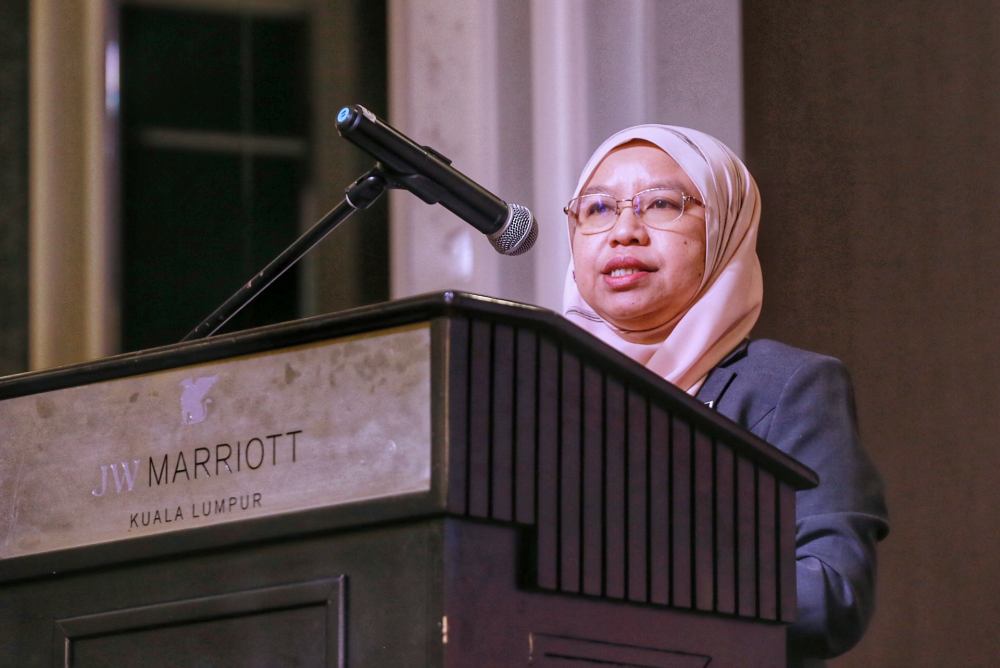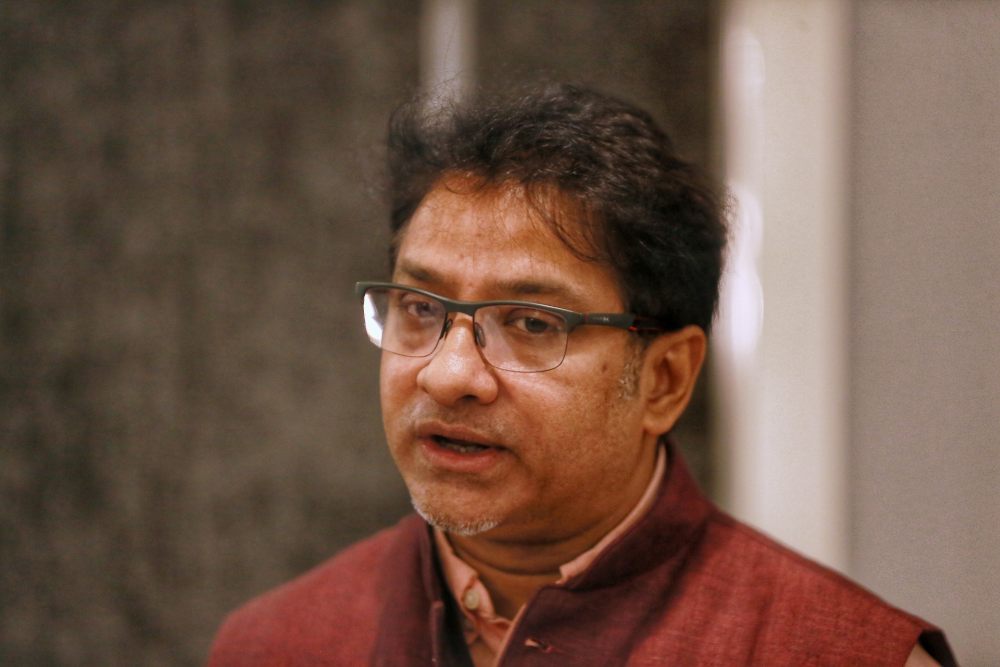KUALA LUMPUR, Dec 17 — Governments should get information directly from the horse’s mouth before forming policies to end poverty, Oxford University’s Poverty and Human Development Initiative director Sabina Alkire said today.
She stressed that a country’s multidimensional poverty index (MPI) should reflect the perspectives of its poor and must be customised to effectively address the problems faced by the local community — indicating that there are no one-size-fits-all solutions.
“For example, when the United Nations went on ground in El Salvador to speak directly to the poorer members of society, much of their findings including health and education validated that of the government’s,” she said during the UNDP’s Human Development Report 2019 Dialogue at the JW Marriott Hotel here.
She said two findings surprised UN officials in El Salvador: the poor asked for places for their children to play due to a lack of green space, and spaces for senior citizens to drink coffee and spend leisurely time.
“These were not factored in by El Salvadorian urban planners, and was eventually included in their national MPI.
“Another factor mentioned was the concerns over violence, since El Salvador has the highest homicide rate in the Latin American region. That also was included in its MPI,” Alkire said.
She added that in this manner, participatory exercises with the poor can sharpen or validate existing government plans or priorities in combating poverty.

Economic Affairs Ministry deputy secretary-general (macro) Zunika Mohamed said much of the government’s methodology in measuring poverty is in line with the United Nations’ proposal.
“This has been the case since the 11th Malaysia Plan with the only difference in terms of materials, data and indicators.
“The MPI is useful as a reference point for agencies and ministries to see which sections including health, education, standard of living, and others, need to be focused on or emphasised,” Zunika said.
The five-year 11th Malaysia Plan was designed to cover the country from 2016 to 2020.

UNDP resident representative to Malaysia, Singapore and Brunei Darussalam Niloy Banerjee on his part praised Putrajaya’s efforts to better understand poverty, noting there has been some improvements in terms of economy and life expectancy.
He said the gross national income per capita for Malaysians has seen a steady trajectory increase to US$27,227 (RM112,763) last year, compared to US$26,555 (RM109,980) in 2017.
“Life expectancy has also improved, from 70.9 years in 1990 to 76 years in 2018. Likewise the expected years of schooling within the same time period has increased from 9.7 to 13.5 years,” he said.
However, he also pointed out challenges Malaysia faces, such as pockets of fairly intense poverty in the B40 category.
“Those particularly affected are women-headed households and indigenous communities.
“Gender inequality is also a persistent issue, with women participation in the labour market for 2018 at 50.9 per cent compared to 77.4 for men. Overall on the Gender Inequality Index Malaysia ranks 58 out of 162 countries,” Banerjee said.
Yet he remained optimistic, adding such challenges can be overcome.
“We have to consciously design policies to correct these factors. In Malaysia’s case, there is a need to look beyond economic growth as the only definition of development,” Banerjee said.



















